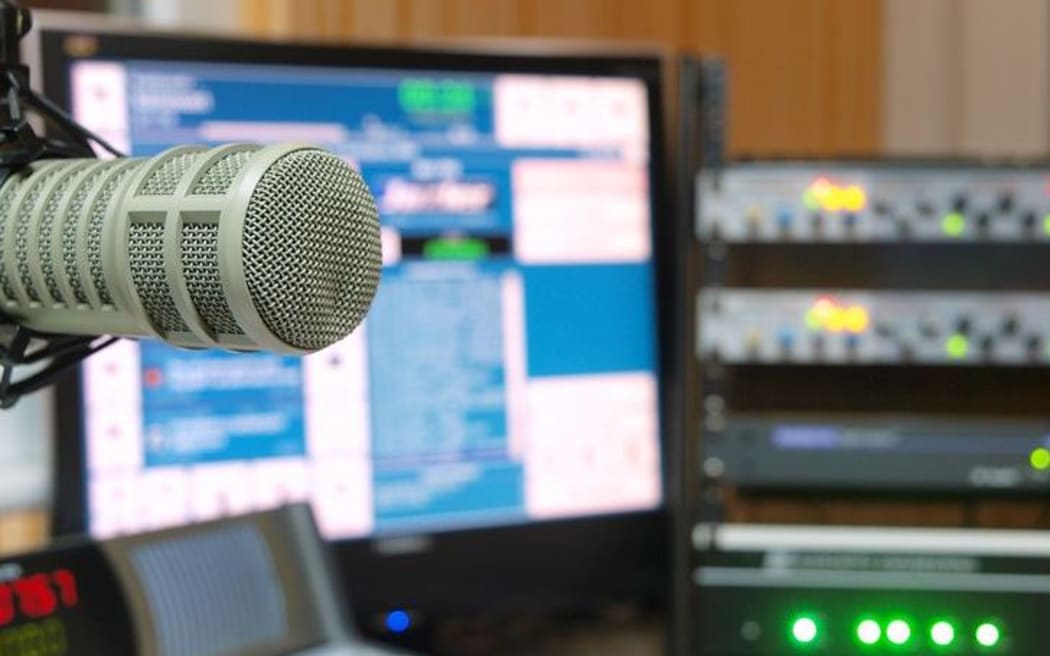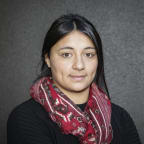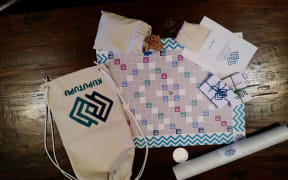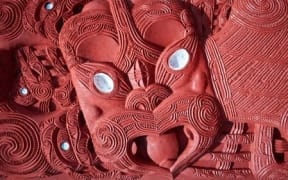Three Gisborne iwi will soon have access to more than 350 hours of historic audio from hui, wānanga and broadcasts through a planned radio series by Gisborne's Tūranga FM.

Photo: 123 RF
Ngā Taonga Sound and Vision collected and processed the audio archive for the station as part of a nationwide project to protect and preserve records of te reo Māori by the country's 21 iwi radio stations.
The audio-visual archive spent a year collecting audio from old reels, cassettes and CDs. Tūranga FM intend to share the collection with Tūranga iwi Ngāi Tāmanuhiri, Rongowhakaata and Te Aitanga-a-Māhaki.
Archive manager Gareth Seymour said the records would allow iwi to remember the voices of their people.
"The kaumatua of that time, many of them have long-passed, so that adds to the value of the collection in that there are a whole lot of voices who are no longer with us.
"The station has really unique recordings of the reo, tikanga and the history of really local areas."
Kaumatua and tikanga advisor at the Rongowhakaata iwi exhibition at Te Papa, Thelma Karaitiana, said the collection was special because it captured the particular dialect and language used by kaumatua of Tūranga iwi.
"It's a reo that's unique to their time, it's one we don't have today and so being able to capture and listen to that reo in context is vital to us as we try to recapture a language that is no longer available to us."
Thelma Karaitiana said the sound collection would allow the people of Rongowhaata and other iwi to learn from the stories of their ancestors.
"We're very very privileged that this occurred because it enables us today to still have contact with and to know and to learn from these pakeke even though they are no longer with us."
Turanga FM's Station Manager Fred Maynard said he was yet to go through the material in-depth but was excited to bring the voices of kaumatua and people of the iwi back to life.
"In the long-term we expect to actually into about half-hour blocks so we can use them as Māori content for us. We hope to try and make it into a really good series as best as we can."
Mr Maynard expected it would take more than a year to re-package the archive for broadcast.




